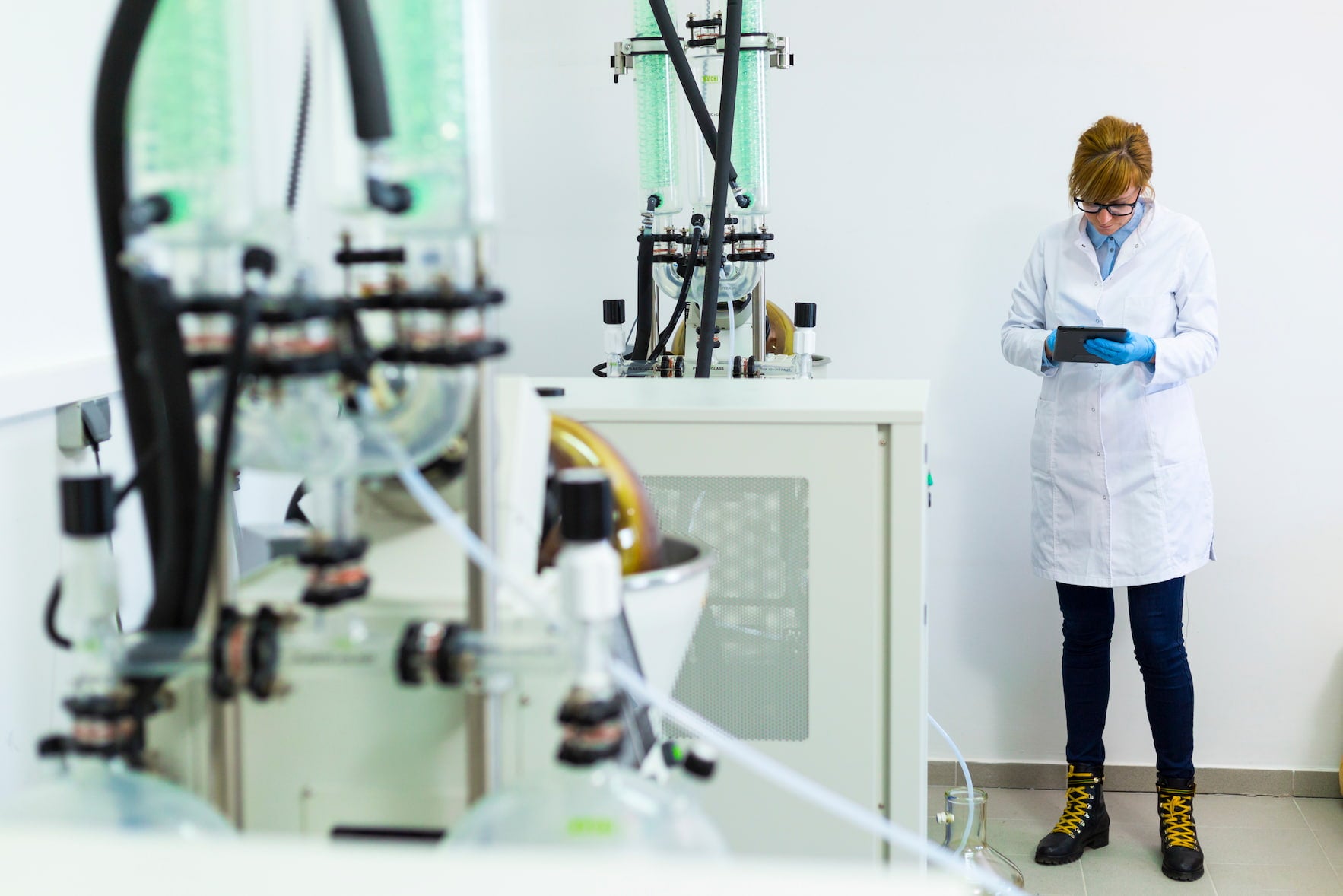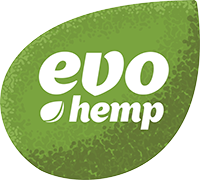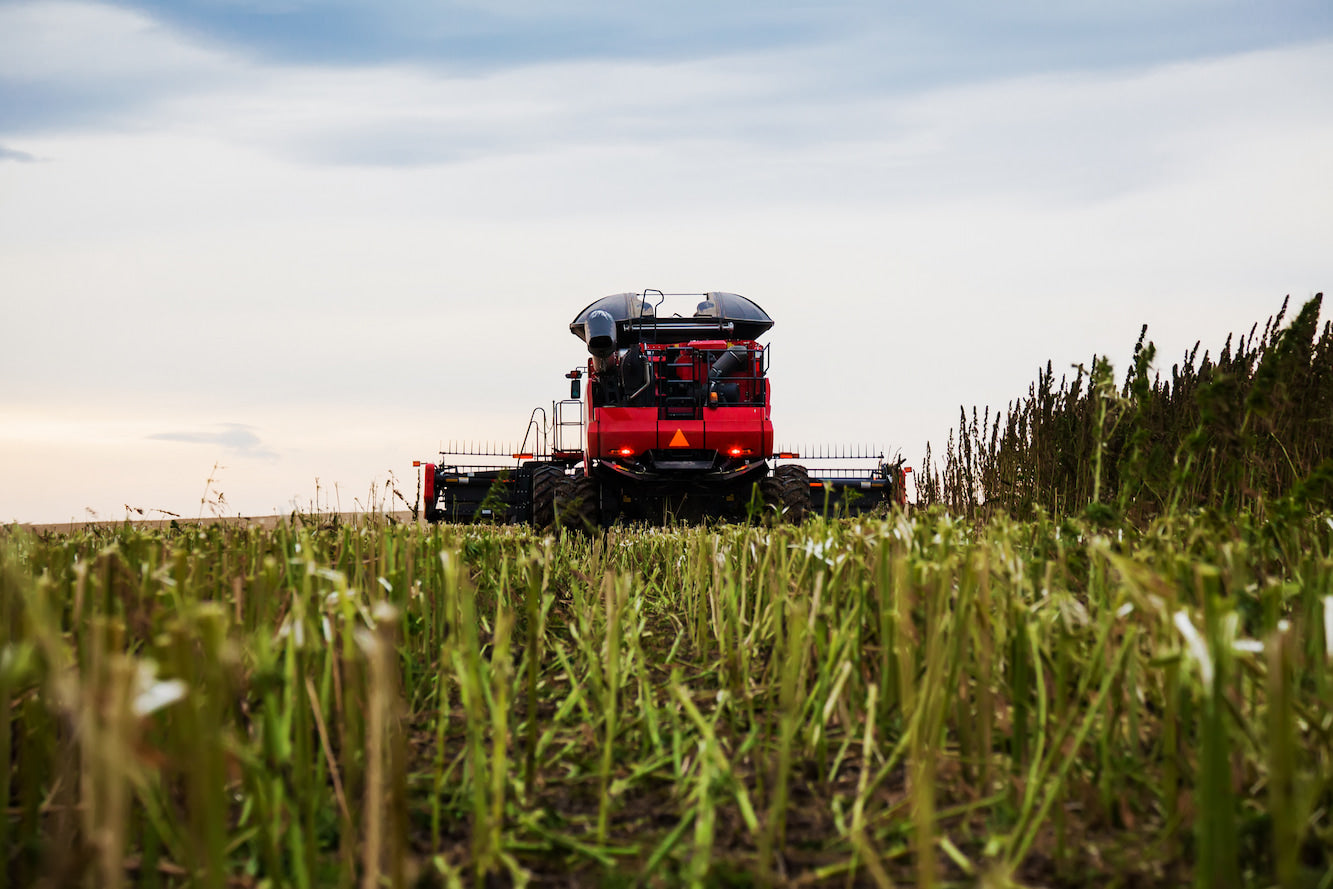Does CBD Show Up on a Drug Test? A Guide

Hemp derived CBD is a completely legal wellness supplement that’s widely available. Even grocery stores stock CBD-infused products near the pharmacy section or by the vitamins. Most consumers reasonably assume that there are no substantial risks associated with using CBD products. For the most part, they’re right.
Although CBD (or hemp as a whole) isn’t an illicit drug, the hemp plant still contains traces of THC. Here’s what you need to know about CBD and the way it can affect a urine test for drug screening.
What’s in CBD Oil?
CBD oil is a combination of extract from the flowers, stem, and leaves of the marijuana or hemp plant, paired with a neutral carrier oil, like hemp seed oil. Hemp extract, before it’s refined down, contains all of the cannabinoids, terpenes, fatty acids, and waxes that the hemp plant naturally contains. It’s everything but the actual greenery.
Full Spectrum CBD Oil
Full-spectrum CBD oil, or whole hemp extract, is the most popular form of cannabidiol. Every constituent of the hemp plant is represented in full-spectrum CBD oil, including small amounts of THC. Hemp and cannabis are one and the same. Hemp is simply a designation for cannabis plants that contain a maximum of 0.3% THC (the federal legal limit). The extract from a plant will contain the exact same amount of THC as the plant.
Broad Spectrum CBD Oil
Broad-spectrum CBD oil is hemp extract where most of the trace amounts of THC have been removed. Manufacturers try their best to isolate and remove all detectable levels of THC from broad-spectrum products while leaving all other beneficial plant nutrients and cannabinoids intact.
Does CBD Get You High?
The amount of THC in hemp plants is so insignificant that it won’t get you high. The average amount of THC in most strains of cannabis is about 20%, with low-THC cannabis strains spanning between 5% and 7% by weight. Hemp contains one-third of one percent THC or less, which is not enough to produce any effects.
You read that right: not even one whole percent.
CBD also naturally prevents THC from binding to your body’s cannabinoid receptors. The minuscule amount of THC in CBD oil will be thwarted by the CBD itself.
If you’re concerned that CBD may make you feel impaired, you don’t have anything to worry about.
How Do Drug Tests Work?
There are many kinds of drug tests. Most organizations or institutions use urinalysis tests, which use urine samples to check for the metabolites of drugs like opiates, cocaine, and amphetamines.
Some drugs quickly pass through the body, completely exiting the system within a week of ingestion. Other drugs, like cannabis, can be stored in body fat reserves and continue to release metabolites for up to a month after they’ve been consumed.
Some drug tests specifically seek illegal drugs, while others look for the metabolites of prescription drugs. The test used will always fit the specifications of the situation. Drug tests have different levels of sensitivity. Tests that provide rapid results (i.e. same-day tests) are often less sensitive than tests analyzed in a laboratory setting.
Drug testing can also be performed on human hair samples, examining for drug-related metabolites in the root growth of about 100 strands of hair. These tests can unveil up to 90 days of drug use history, but they’re expensive and impractical. The majority of people will never encounter hair sample drug tests.
Can CBD Make You Fail a Drug Test?
Drug tests aren’t designed to look for CBD. Since CBD is a wellness supplement and not a controlled substance, there’s no reason for labs or instant tests to check samples for CBD use.
It isn’t the CBD that could potentially be a problem, but the small amounts of THC that naturally exist in hemp extract that can show up unannounced.
While the THC in full-spectrum hemp extract is a tiny, tiny, TINY amount, it’s still technically there. Consistent and regular CBD oil use can lead to a buildup of THC in your body fat that will slowly pass through your urine. A drug test may be able to capture those metabolites and cause a false-positive result for cannabis use.
Broad-spectrum CBD is alleged to have all detectable amounts of THC removed, but this doesn’t make you immune from a positive drug test. While the risk of CBD making your test positive is significantly reduced when using broad-spectrum CBD, it cannot be completely ruled out. Unless you’ve seen the certificate of analysis for your particular batch of broad-spectrum CBD, you have no way of knowing that it’s actually broad spectrum.
Broad-spectrum CBD is often processed in facilities that work with full-spectrum CBD products. There may be cross-contamination with products that contain THC, inadvertently introducing the removed THC back into the batch and potentially leading to a positive drug test result.
What Is CBD Isolate?
CBD isolate is a valuable solution for people who cannot afford to risk failing a drug test. People who work in fields that require employees to abstain from cannabis use and athletes forbidden from using products containing THC have to be certain that the cannabinoid wellness products they use are suitable for their needs.
CBD isolate is CBD in crystal form. The CBD has been isolated from all other components of the hemp plant, creating 99% pure CBD with minimal traces of other plant compounds. If the product is represented accurately and produced correctly, it’s virtually impossible that CBD isolate products will cause you to fail a drug test.
If you’re interested in trying CBD products but concerned about the potential consequences, CBD isolate should give you peace of mind. Isolate is the preferred choice for athletes and Olympic medalists who want to enjoy the workout recovery benefits of CBD without threatening the future of their athletic careers.
Always Check Certificates of Analysis
Although CBD companies aren’t required to submit each batch of their product to a third lab for testing, reputable companies generally choose to do so. Brands post their certificates of analysis for each batch they make for the public to review freely.
These certificates of analysis serve to build trust between the consumer and the brand. The consumer can clearly see that the brand is accurately representing their product and honest about their cannabinoid content when looking at the certificate of analysis.
The two most important things to check on a certificate of analysis are the THC content and the CBD content of the hemp extract. Full-spectrum CBD will show a maximum of 0.3% in the total percentages chart or column for THC. Isolate products should read 0.0% or ND, which means non-detect.
If you have concerns about ingesting THC, you should exclusively use CBD isolate products backed by a certificate of analysis.
Can You Get THC Out of Your System?
There is no tonic, supplement, or detox you can take that will remove cannabinoids or substances from your system. Every single product that claims it can help you pass a drug test is misleading at best, if not outright deliberately deceptive.
Your body naturally detoxes itself. In fact, detoxification is one of the most important functions of your liver. There is nothing you could do or use that would trump the function of your liver, which is the natural leader of your body’s detoxification process.
Your metabolism works at its natural rate, and there is no way to reliably target THC metabolites in your body fat. There is no way to know how or where they’re stored. Isolated exercises, strict workout routines, sports drinks, and electrolytes have a very minimal effect on the way your body will excrete THC. There is no way to flush your system faster than it’s naturally equipped to flush.
While supporting your body with a balanced diet, proper hydration, and regular exercise is always an excellent idea, it’s not necessarily going to flush away the THC.
What Should I Do If I’ve Used CBD and I Have To Take a Drug Test?
Sometimes, the presence of THC on a drug test is of no concern. With the growing legalization of recreational cannabis and the widespread use of medical cannabis, many employers that call for workplace drug testing will willingly overlook cannabis use as long as employees do not use cannabis within working hours. They regard cannabis the same way they’d regard beer or wine.
Employers and institutions will often share this information online. They don’t want to dissuade cannabis users from applying for a position mistakenly believing that their cannabis use or frequency of use disqualifies them. You can also run a quick Google search on the company’s cannabis policy or read testimonials from people who work with the company.
If the general consensus is that cannabis use is accepted, you don’t need to mention your amount of CBD use.
If you can’t find clear and reliable information regarding the company or institution’s stance on cannabis use, or if the information you find clearly indicates that cannabis use is prohibited, get out in front of it.
Be honest. Don’t take your chances with the results. Tell the intended recipient of the results that you use full-spectrum CBD products. Bring the product and print the certificate of analysis and show them to the person administering the drug test.
Using CBD products isn’t a crime. It’s incredibly common. Chances are high that the person or organization administering or requiring your drug test has already encountered situations where a regular CBD user had concerns about the test.
evo hemp’s CBD Isolate
We love full-spectrum CBD products, but we also believe that THC shouldn’t prevent people from experiencing the benefits of CBD. You’re in control of your own wellness, and everyone has rules they need to follow.
Our evo hemp CBD Crystals are perfect for people who want to elevate their mood and support their body without THC, and if you find out your company doesn’t care what you do after work, our full-spectrum CBD oils are right here.
Sources:
Hemp Production and the 2018 Farm Bill - 07/25/2019 | FDA



